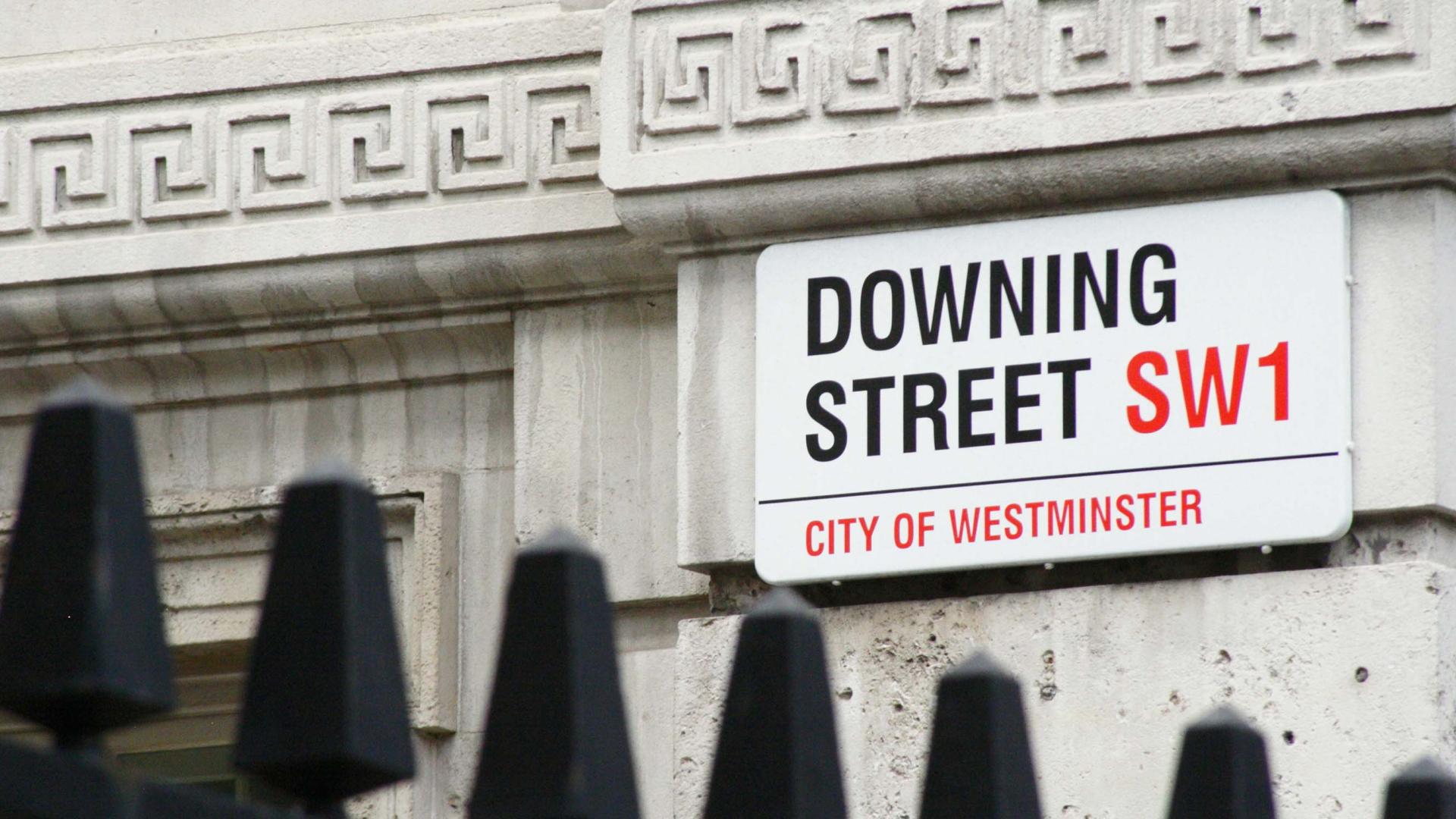One in five income tax payers will soon be paying at the higher 40 per cent rate. That is up from fewer than one in 20 taxpayers three decades ago.
The numbers have been drifting up for a long time, but a six-year freeze to allowances and thresholds, in an era of high inflation, has turbocharged the trend.
Freezing the point at which income tax becomes payable at just over £12,500 will drag in millions more payers. Simply by holding these thresholds constant in cash terms, the government is implementing one of the biggest tax rises in a generation.
Put that alongside increases in corporation tax and stir in feeble economic growth and tax as a proportion of national income — the tax burden — is set to reach its highest level in peacetime. It will settle at three or four percentage points above where it has been for decades. That is a huge change, a tax rise in the order of £100 billion.
If you are going to implement a big tax increase, there are worse ways of doing it. People do not necessarily notice the change. It is not the least progressive way of raising a lot of money. Other countries with higher tax burdens tend to get much of the extra money from direct taxes on people on modest to higher incomes. That is what these freezes will achieve. Pay no heed to those who claim we could raise an additional £100 billion or more a year from the ultra-wealthy or from multinational corporations. We couldn’t.
But why such a big rise? I believe the prime minister when he says he would prefer taxes to be lower, and will do what he can to get them there. The judgment is this. The rising tax burden is the least bad of three options. The two others are further deep cuts in public spending or more borrowing, putting public debt on an ever-upwards path.
For more than 60 years we’ve managed a pretty neat trick: expanding the welfare state, especially spending on health, while keeping taxes pretty stable. We’ve done that by slashing defence spending, stopping building houses and subsidising nationalised industry and, more recently, by imposing unprecedented cuts on public spending. Those policies have run their course.
We now have debt at its highest level in 60 years and borrowing costs higher than in decades. The chancellor is only meeting his own target to get debt falling at the end of the five-year forecast period by the tiniest of hair’s breadths. A much looser fiscal policy right now would risk higher inflation and/or higher interest rates. And if Liz Truss and Kwasi Kwarteng served any economic purpose it was to prove that you can’t just borrow willy-nilly and hope everything will turn out all right in the end. My bet is that the tax burden will not get back to its pre-2020 levels for many decades, if ever.
That doesn’t mean a tax cut before the next election is out of the question. Usually chancellors can find goodies worth a few billion when elections heave into view. But any tax cut almost certainly will have to be reversed pretty swiftly once the election is safely out of the way.










